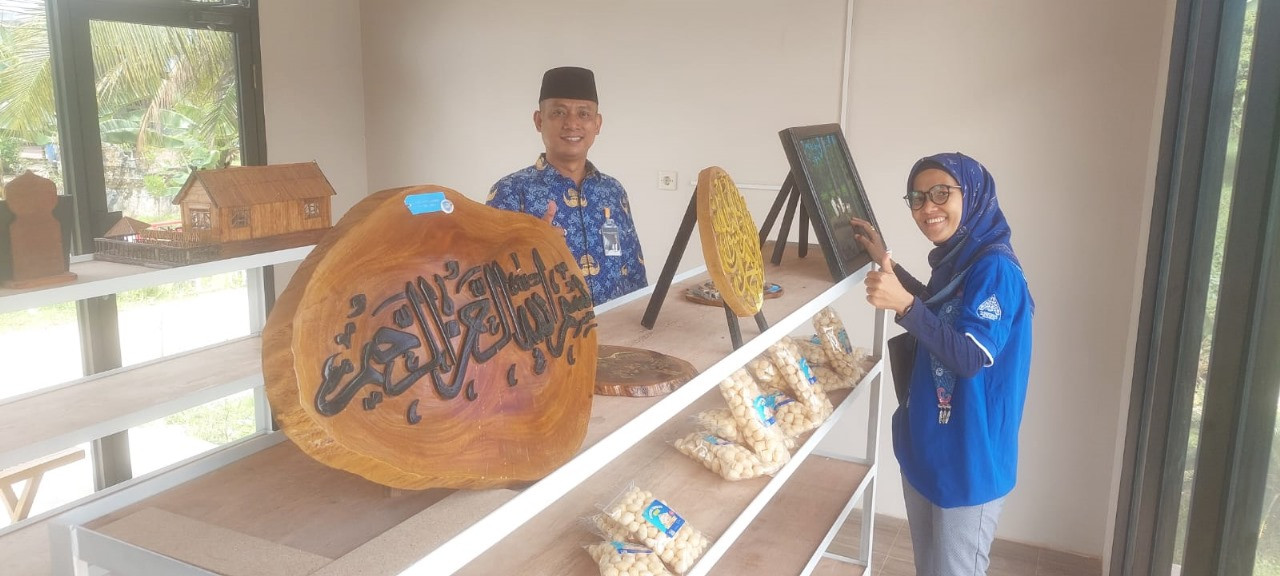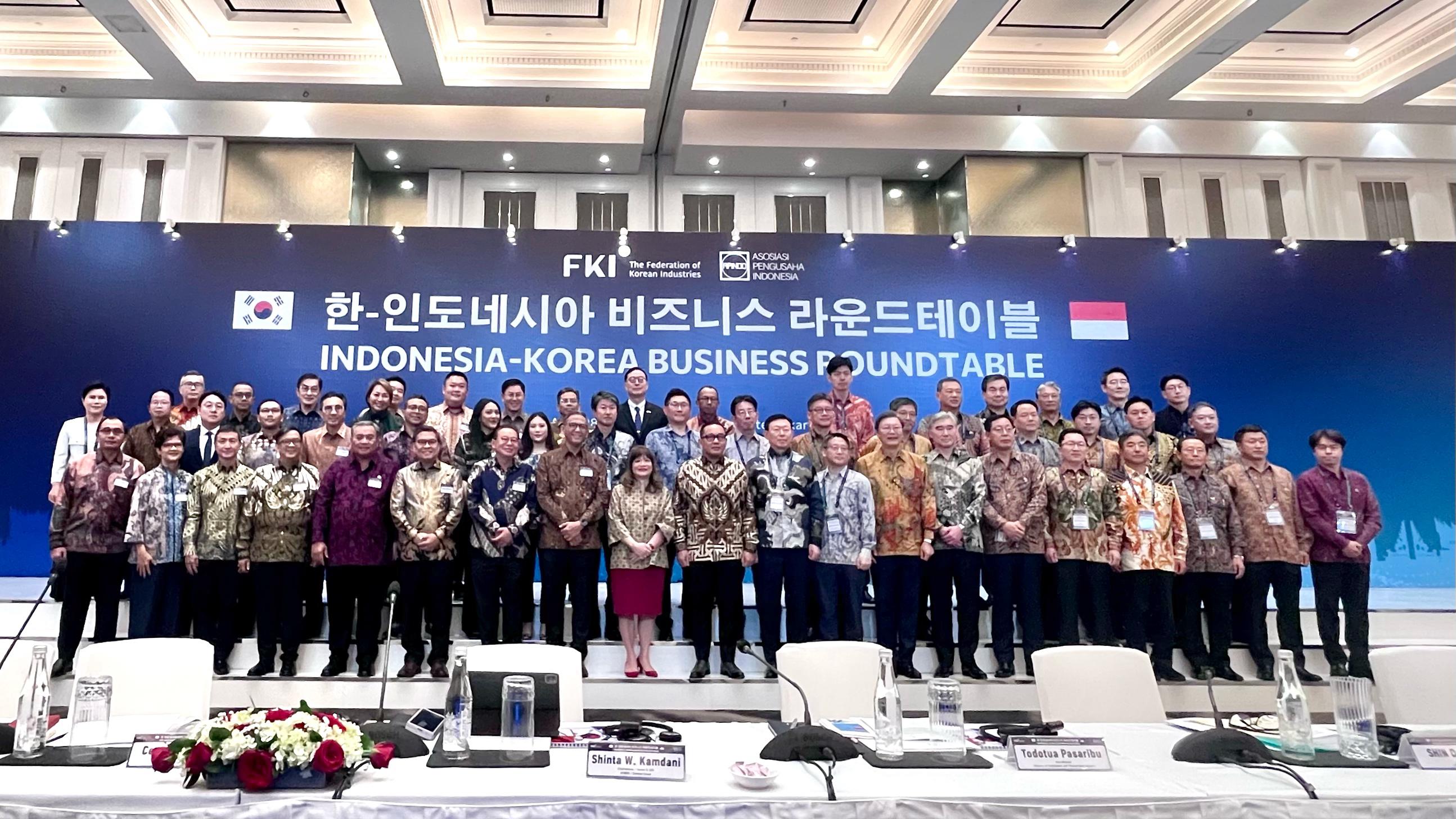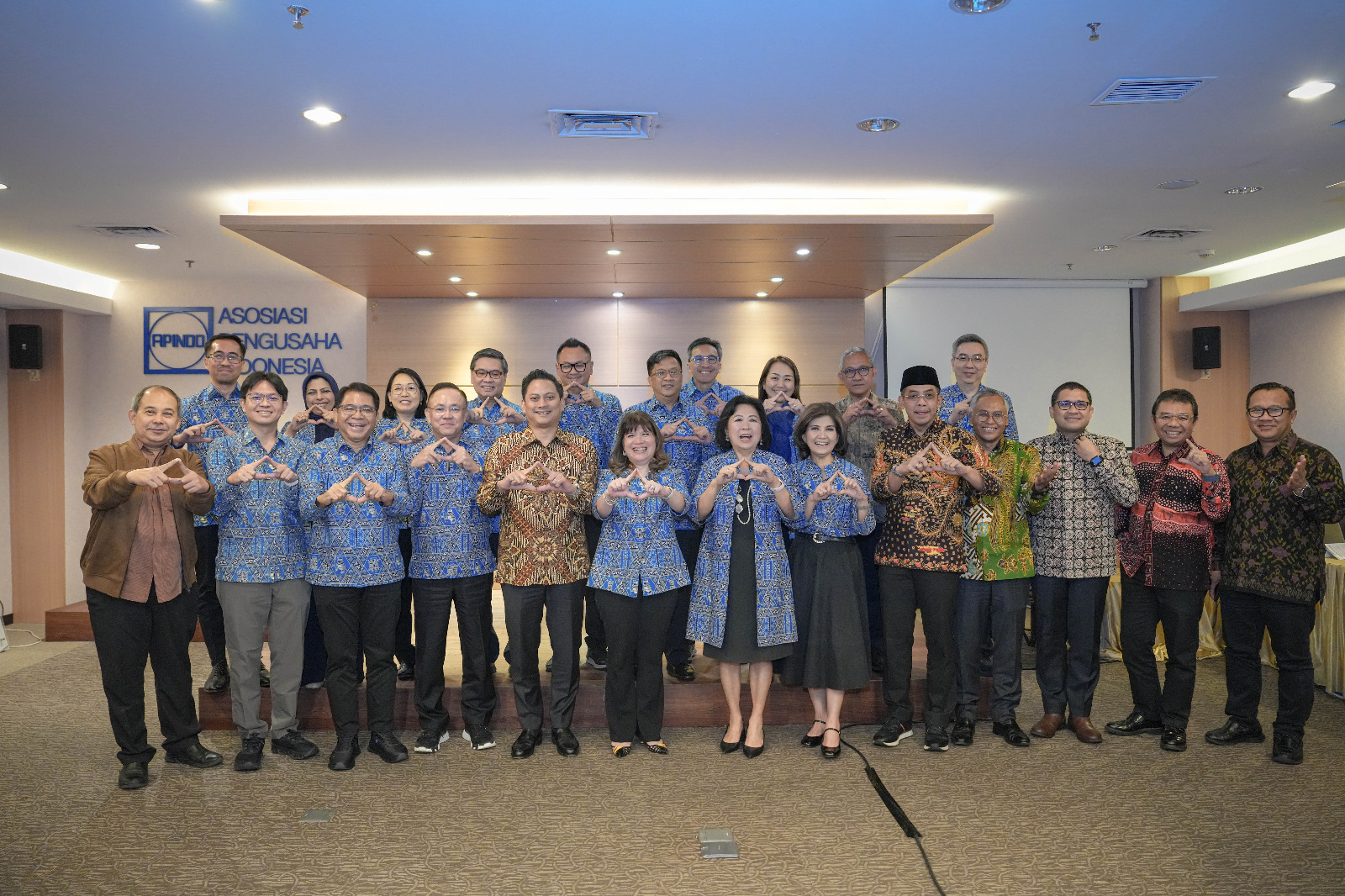APINDO Kaltara Supports Prison Inmates’ Entrepreneurial Training Through MSME Program
Monday, 10 November 2025
TARAKAN – The Indonesian Employers Association (APINDO) of North Kalimantan (Kaltara) paid a visit to the Tarakan Correctional Facility (Lapas Tarakan) to observe and support its inmate work programs focused on Micro, Small, and Medium Enterprises (MSMEs) development.
The visit was warmly welcomed by Jupri, Head of Lapas Tarakan, as part of the correctional institution’s ongoing efforts to provide rehabilitation and vocational training that equip inmates with practical skills for their reintegration into society.
During the visit, APINDO Kaltara commended the variety of creative and economic activities carried out by the inmates, ranging from culinary production to handicrafts.
In the culinary sector, inmates have successfully produced local snack products such as amplang and banana stem chips. Meanwhile, in the handicraft division, inmates create marketable items such as paintings, furniture, chairs, and tables with strong commercial potential.
Beyond these efforts, the inmates are also involved in catfish farming and hydroponic vegetable cultivation, including mustard greens and eggplants activities that enhance their self-reliance and sense of responsibility.
According to the prison warden, the facility currently houses around 1,300 inmates, including 80 women, with the rest being men.
“These rehabilitation and training programs are designed to prepare inmates for their release so they can start their own businesses and contribute to the local economy,” said Jupri.
Anita Riawati, Secretary of DPP APINDO Kaltara, who participated in the visit, reaffirmed the association’s full support and readiness to collaborate in expanding the inmates’ entrepreneurial initiatives.
She emphasized that such programs carry significant social and economic impact, benefiting not only the inmates but also the broader MSME ecosystem across North Kalimantan.
“From the outside, many may see inmates only through the lens of their mistakes. However, APINDO views them as valuable human resources who can still be empowered and trained to make a positive contribution to the regional economy,” Anita explained.
She further encouraged the local government to provide continued support and necessary facilities to ensure the sustainability of the empowerment initiatives.
“Empowering 1,300 inmates is not solely the responsibility of the correctional institution — it’s also a shared duty of the government to reintegrate them into society with entrepreneurial skills and strong character,” she added.
Through cross-sector collaboration between the correctional institution, APINDO, and local government, this initiative is expected to serve as a model for productive rehabilitation programs that strengthen local economies.
The program ultimately demonstrates that inmates, when given proper opportunities and support, have the potential to make meaningful contributions to business and MSME development.
Source: www.superkaltara.com









